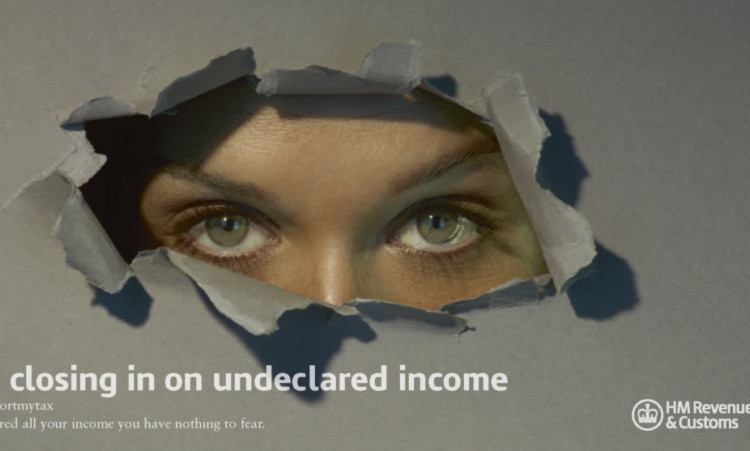
Fury has erupted after it was revealed fewer benefits fraud-sters are being jailed despite Government promises to crack down on cheats.
Campaigners have accused the Government of talking tough but failing to act after it was revealed the number of benefits criminals behind bars is dropping.
New figures have revealed in 2008 courts took action against 9,389 defendants but by 2012 the latest available figures it had dropped to 8,290.
And the number of criminals given jail terms decreased from 262 to 250, with the average sentence more than one month shorter than five years ago.
Labour’s John Woodcock who represents Barrow-in-Furness in Cumbria, said: “Too many people are trapped out of work without hope or help while the minority who abuse the system are often getting away with it.”
On April 8, the Government unveiled a package of measures to try to crack down on benefit fraud, including bringing in bailiffs to remove high value items from fraudsters.
The announcement followed the increasing of sentences to 10 years which was unveiled by Keir Starmer, director of public prosecutions, last summer.
The latest figures on benefit fraud do not take this pledge into account.
But Jonathan Isaby, of the TaxPayers’ Alliance, expressed concern at the downward trend of convictions. He said: “Our welfare system needs to help those who fall on tough times, but also be robust enough to deal with those who try to take advantage.
“Given recent reforms many will be surprised that fewer are being caught fiddling the system, not more. It’s vital that taxpayers have faith that the benefits they pay for are actually going to people who really need support.”
Philip Davies, Conservative MP for Shipley, West Yorkshire, who uncovered the figures through a parliamentary question, said: “It is a good job that the Department of Work and Pensions is toughening up the penalties and sanctions on welfare cheats, as it is clear from these figures that the courts are not taking it seriously enough. Only a fraction of people found guilty are sent to prison, and courts need to treat this as seriously as the public view it.”
When The Sunday Post contacted the Department for Work and Pensions, a spokesman referred to the measures unveiled earlier in the month.
On top of any fine or jail term the new laws will allow up to 40% of benefits to be taken to repay stolen cash, larger administrative penalties of up to £5,000, bailiffs to confiscate high value possessions and better cross-checking for claimants in work.
A spokesperson for the Judicial Office said: “Judges and magistrates sentence on the facts of the case, taking into consideration any aggravating and mitigating factors and in accordance with guidelines.”
A mother-of-one pocketed almost £50,000 in benefits by claiming she was an unemployed single parent despite being in a civil partnership with another woman.
Karen Armitage, 42, even tried to claim her partner, Micheala Axall, was actually her mum when the seven-year deception came to light.
Armitage was given a suspended prison sentence after pleading guilty to two charges of failing to notify a change in circumstance and two charges of making a false statement.
Prosecutor Camilla Buck said Armitage made claims for income support, Job Seekers Allowance, unemployment support and housing and council tax benefit dating back to 2000.
The court heard the mum-of-one failed to notify the Department for Work and Pensions that she had lived with hospital worker Miss Axall from 2005 and that they were in a civil partnership from August 2006.
Armitage was arrested after evidence showed the couple had been living together at the semi-detached house in Seacroft, Leeds, West Yorkshire.
Judge Rodney Jameson, QC, gave Armitage a six-month prison sentence, suspended for 12 months at Leeds Crown Court last week.
She was also told to do 200 hours unpaid work and attend a 15-day programme designed to address her offending.

Enjoy the convenience of having The Sunday Post delivered as a digital ePaper straight to your smartphone, tablet or computer.
Subscribe for only £5.49 a month and enjoy all the benefits of the printed paper as a digital replica.
Subscribe